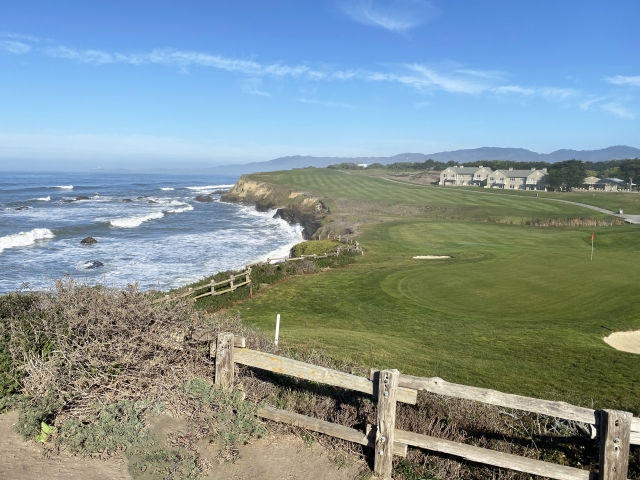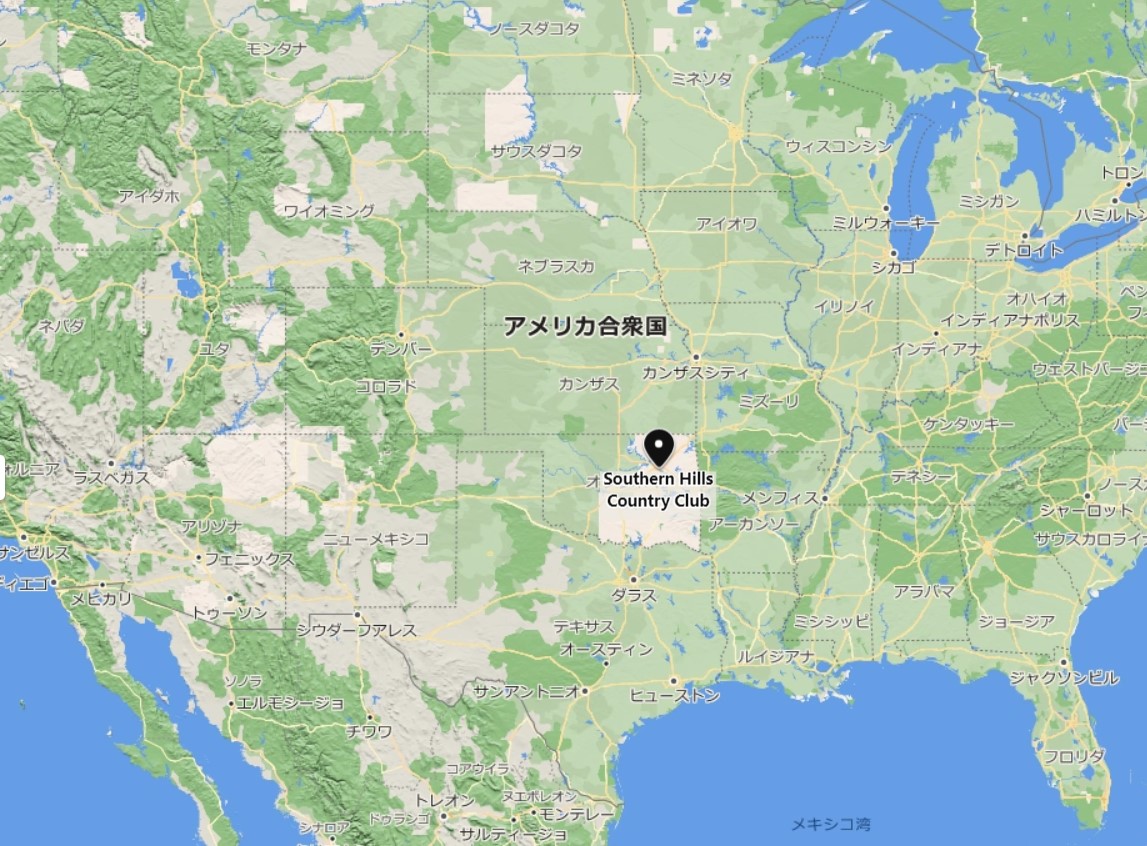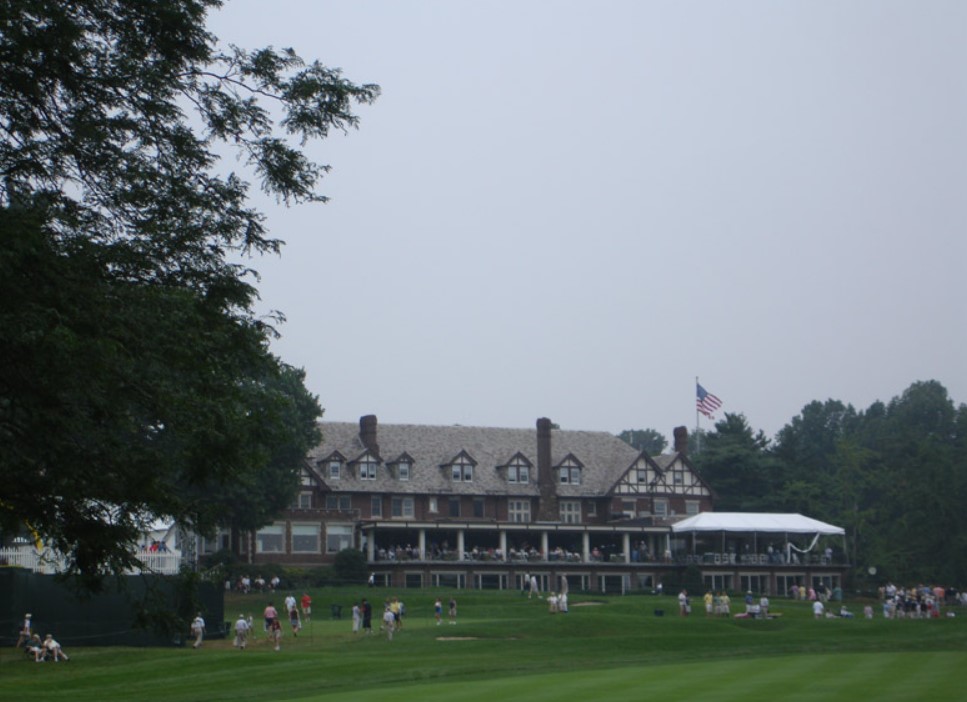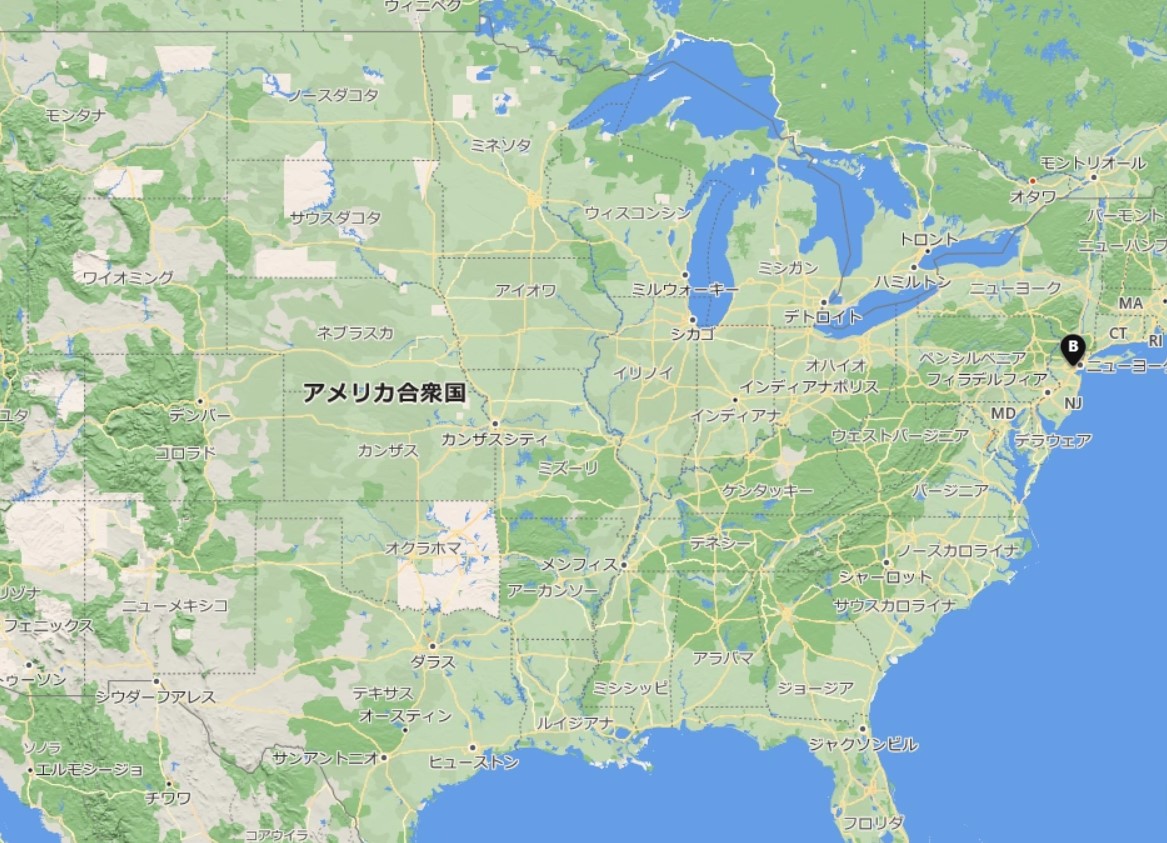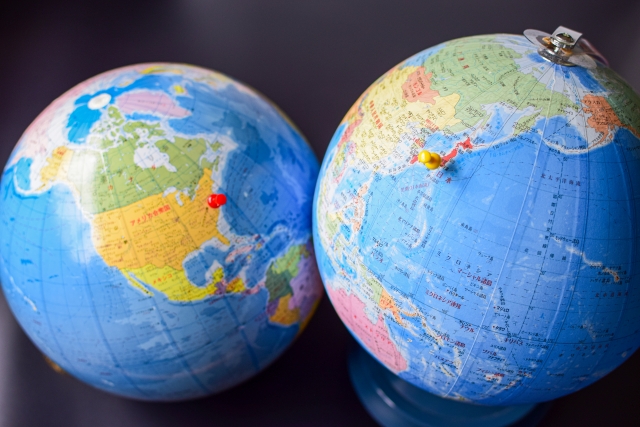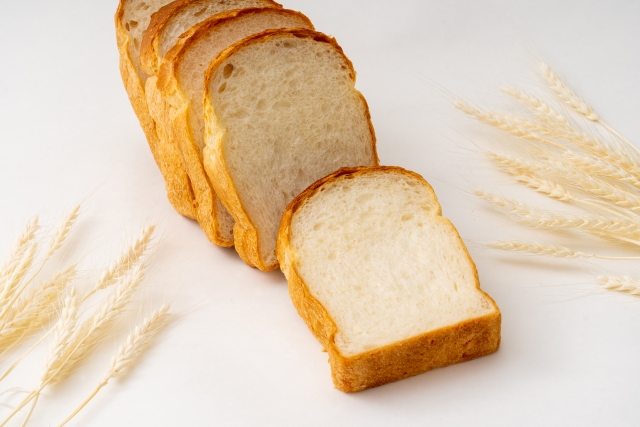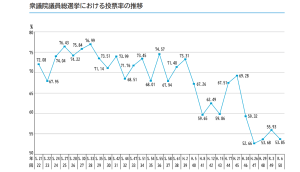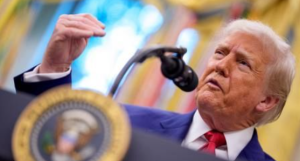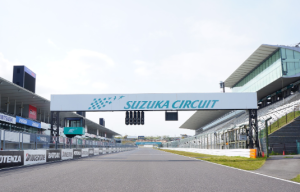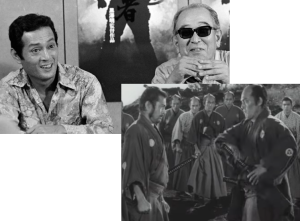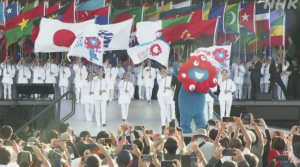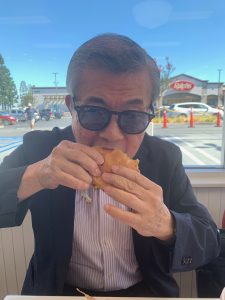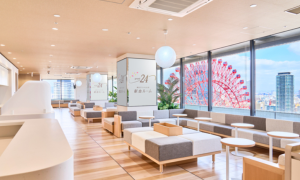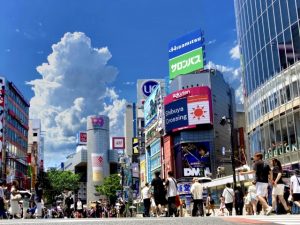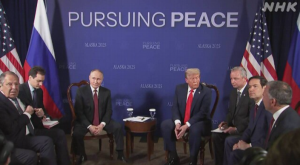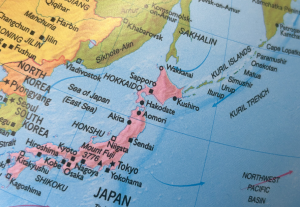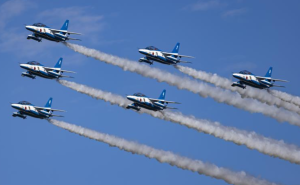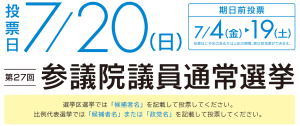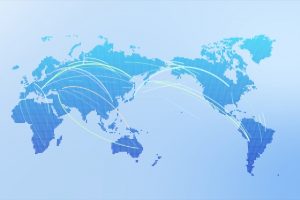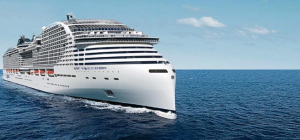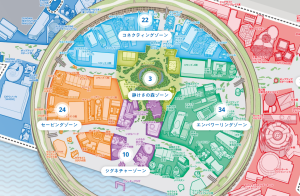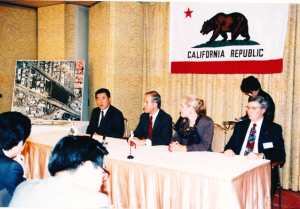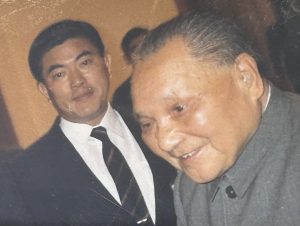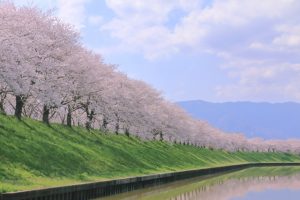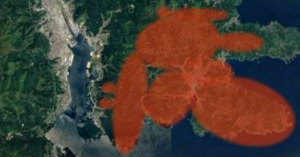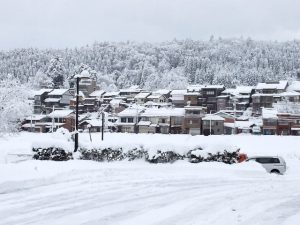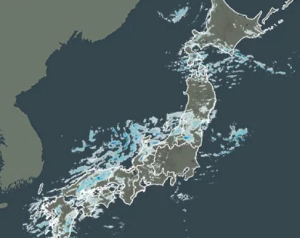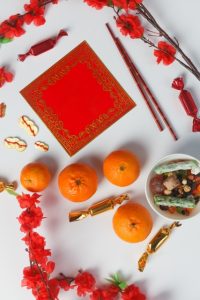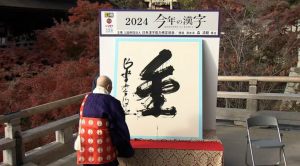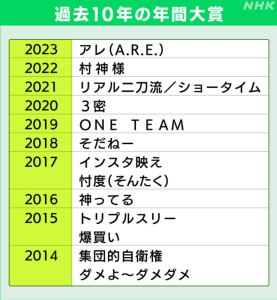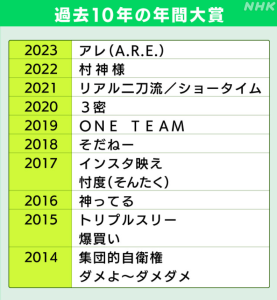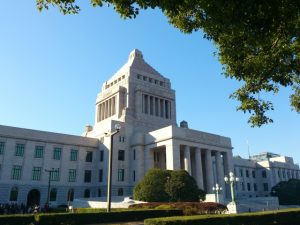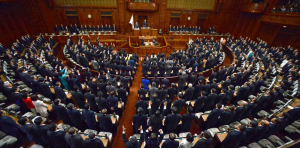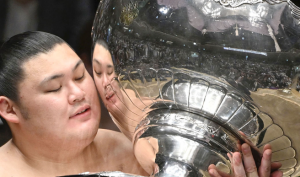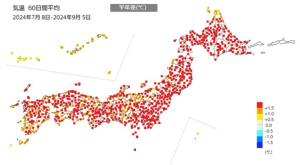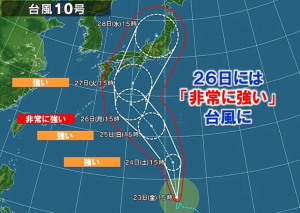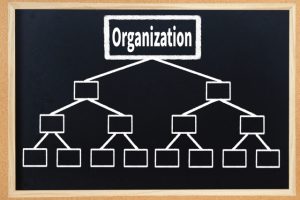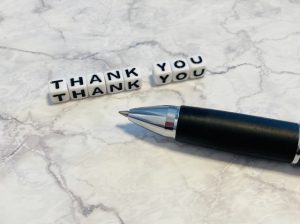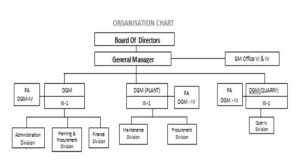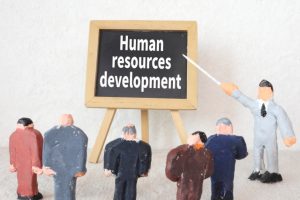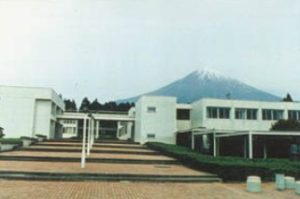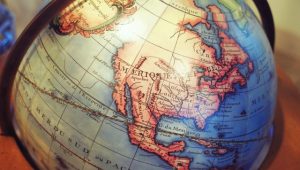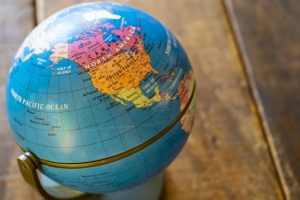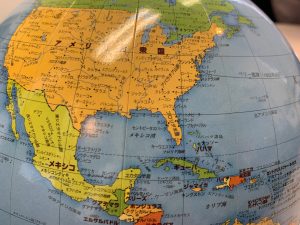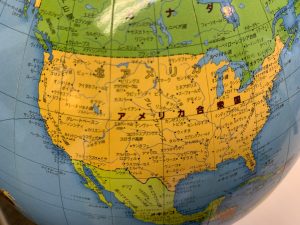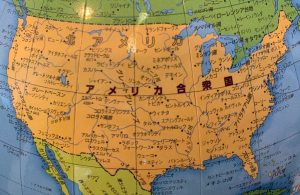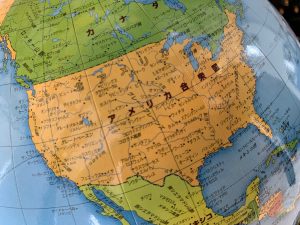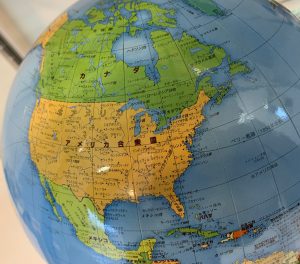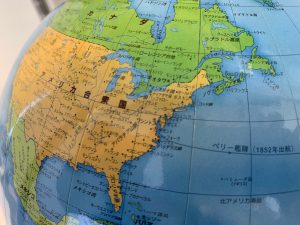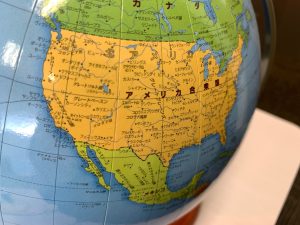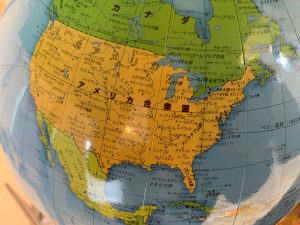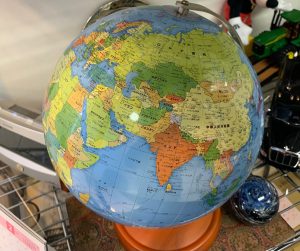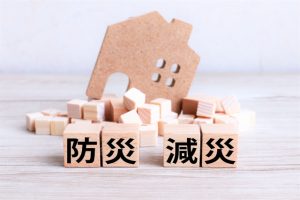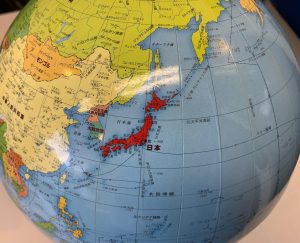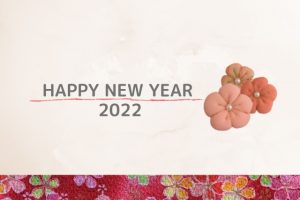Re: What I think about the United States through golf May 20, 2022
The 104th US PGA Championship, the second men’s major this year, will be held at Southern Hills CC in Oklahoma this weekend. Six Japanese professional golfers including Hideki Matsuyama are going to take part in it. This tournament is one of the four men’s major championships which are the most prestigious in professional golf, namely, Masters Tournament (in April), US PGA Championship (in May), U.S. Open (in June), and the Open Championship (in July). Winning the four major championships is called grand slam. Jack Nicklaus and Tiger Woods have accomplished this great feat three times up to now. Accomplishing in the same year is only done in 1930 by Bobby Jones who had stayed an amateur in his life.
During my work in the United States, I have an unforgettable memory about golf. It was the U.S. Open held in June 1980. The stage was Baltusrol GC in New Jersey, about 30 minutes by car west of New York City, established in 1895. I watched the third day of this tournament at the golf course. Four days battle between Isao Aoki the same age as me (38 years old at that time) and Jack Nicklaus a king of professional golfers in the United States was a famous game that will always be remembered. Nicklaus won by two strokes. It was reported in Japan that “he came in a close second”, but local Japanese honestly felt that “it was good to be in the second place”. It was truly “a valuable second place”.
This was because that they were anxious about American feelings if unknown Aoki in the United States happened to beat Nicklaus whom the American loved from the bottom of their heart, and in those days their sentiment toward Japan was extremely bad due to the economic conflict between the United States and Japan over passenger cars. Even the world of sports can’t avoid the influence of political, economic or social circumstances, and stirs up nationalism. In fact, Russia is boycotted by sports events in the world due to the invasion to Ukraine.
After I heard and saw the comments in public and personalities of not only Jack Nicklaus and Tom Watson but also other top American professional players, I thought that completing sufficient conditions for Japanese professional golfers to win the major might need 20 years. As a matter of fact, it took 41 years until Hideki Matsuyama won the Masters, one of the last year’s major championships.
And Hideki Matsuyama made his speech in Japanese at the awards ceremony last year. But at an annual event that he presided over and invited successive past winners of the Masters held on the other day a year later, he made his speech in English which he had spent days to memorize, and it seemed that it was well received. Not only in sports like golf or baseball but also in business world, such aspiration and effort trying to be integrated into the American society grabs the heart of American people, and at the same time improves an ability to adapt to a local society. I expect that Mr. Matsuyama will make a leap forward from now on.
By the way, I am generally admitted to be “a pro-American group”. The United States possesses rich resources, and is able to be self-sufficient. On the other hand, Japan has not any particular resource. In an extreme case, “the United States can get on without Japan”. However, under present global circumstances Japan “can’t get on without the United States”. This is not a theory but a destiny with which Japan has to be burdened. Therefore, Japan does not need to flatter the United States, but it is very important for Japan to get along well with the United States.
(P.S.) As Russia invades Ukraine, an insufficient supply and price rise of energy such as crude oil, natural gas and so on is becoming a serious problem in the world. A difficult problem being not at all inferior to this is food supply. At present, Russia and Ukraine in total account for about 30% of annual wheat sales volume in the world. This is stopping due to invasion by Russia. There is also a reduction of the crop due to a drought and deluge occurring every year, and the World Food Programme (WFP) warns that “the worst ever food crisis may occur”. Japanese calorie-based food-sufficiency ratio in the 2020 fiscal year is the lowest ever at less than 40%. About 90 % of wheat consumption in Japan is imported, and there is concern over a global scramble for wheat. Japanese Government is trying to raise calorie-based food-sufficiency ratio in the fiscal year 2030 to 45%. It is necessary to face the structure such as shortage of farmers and the delay of increased size of farmlands.
